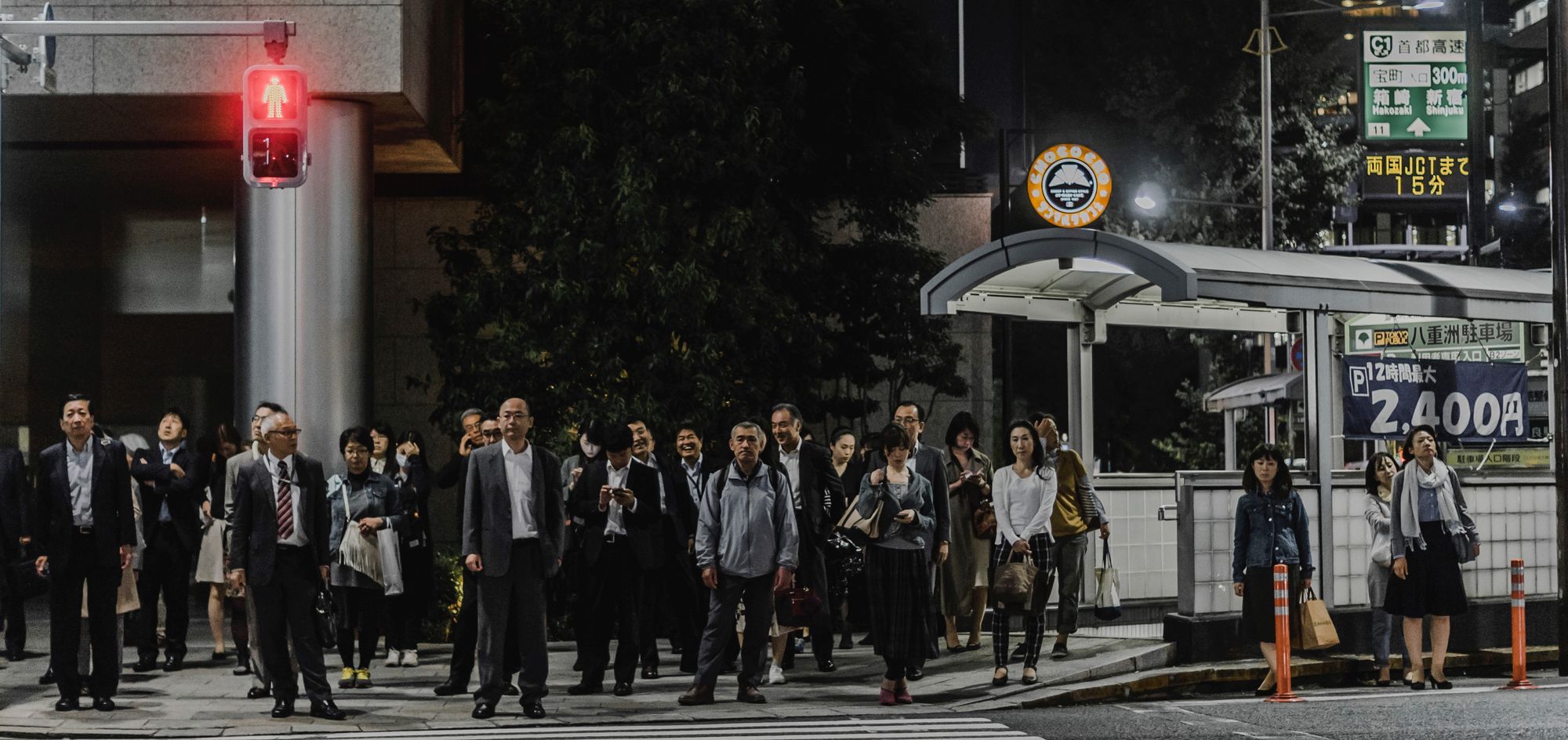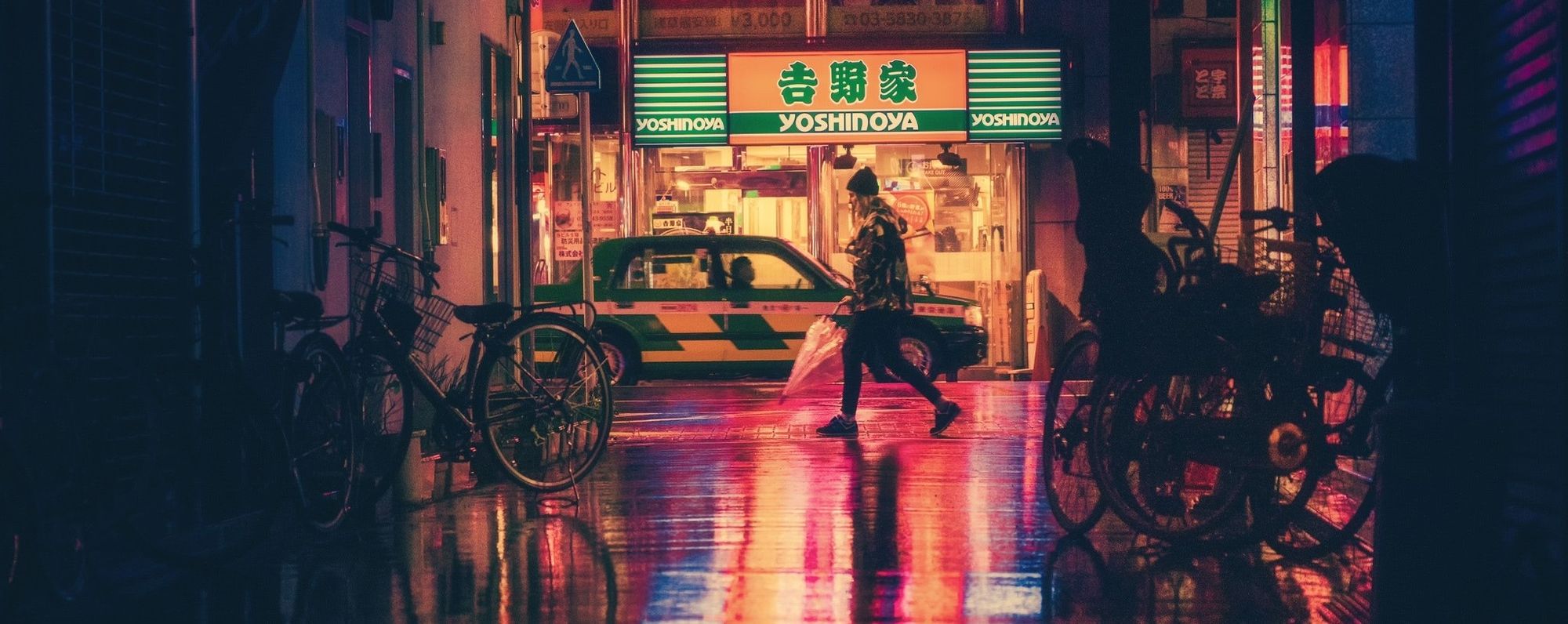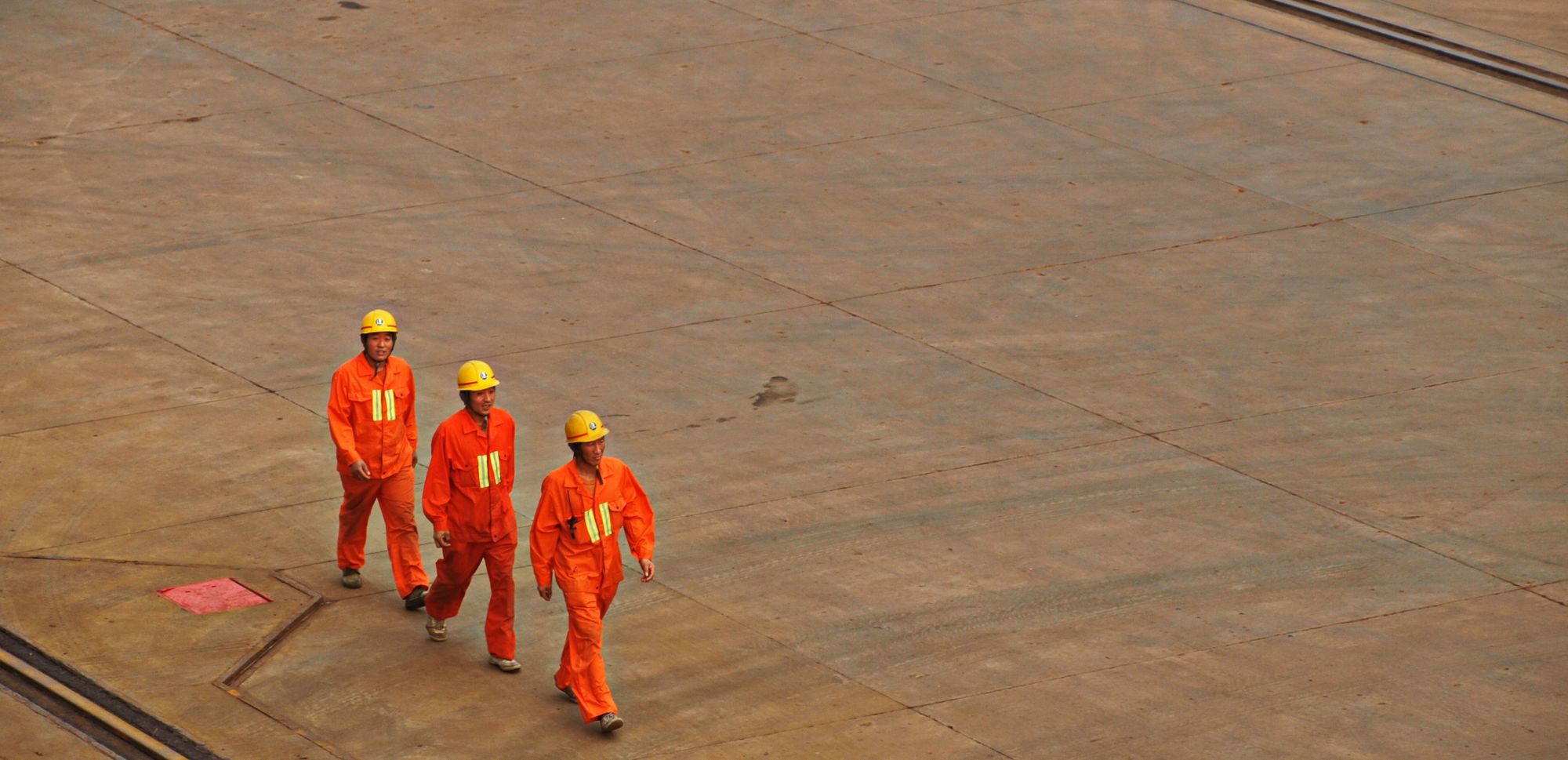Chemical manufacturers everywhere are suffering. Demand for industrial raw materials has fallen away in every market in the world as the lockdown closes off most economic activity.
But nowhere can this be more brutally felt than in Japan, where recent years of growth have now been wiped out as quickly as coronavirus has spread. This is because the virus arrived just as Japan’s chemical industry was reaching a decade of true growth.
Historically, the industry had been struggling for years. Ever since the ‘Lost Decade’ of the 1990’s when Japan’s economic bubble burst, followed by a further decade of stagnation where economic growth averaged less than 1% per annum, the Japanese chemical industry had failed to make headway in an ever more competitive market.

Only recently, since the recession created by the financial crisis of 2008, did the Japanese chemical industry have the chance to reconsider its global position. While the general economy in Japan remained stagnated, the awakening of the Asian Tiger gave Japanese chemical producers ample markets in places like China and South Korea.
These booming markets gave the Japanese chemical industry the ability to tackle its two greatest challenges.
As Professor Takeo Kikkawa, of Hitotsubashi University, describedback in 2011 “First, Japan’s chemical manufacturers trail the top manufacturers in the United States and Europe in terms of business scale. This is in contrast with the automotive and electronics industries, which achieve sales on par with or greater than manufacturers in the West. In order to become the leading industry, the chemical industry will have to successfully expand the scale of its operations.”
Secondly, Kikkawa notes how the chemical industry has lost its production advantage in the same way as its manufacturing industry has lost ground. Noting that, “It is an undisputed fact that Japan’s chemical industry has honed the competitive edge of its products through detailed ‘back-and-forth’ processes with assembly manufacturers. However, recently the international competitiveness of Japan’s assembly manufacturers in itself has been falling …”
Following Europe’s lead in finding profit away from basic chemicals, a new plan was born. As Kikkawa writes, “… it is clear that the basic strategy of Japan’s chemical manufacturers is to transition to high value-added products.”

This strategy has inspired a handful of companies to become cutting-edge industrial chemical suppliers. So that today, Shin-Etsu Chemical is the world’s top polyvinyl chloride supplier as well as holding a strong position in polysilicon and silicones. While Asahi Kasei has become the second largest supplier of acrylonitrile. The list of other notable Japanese chemical companies includes: Sumitomo Chemical, employing 32,000 workers in diverse sectors such as agrichemicals, polymers, chemicals for the electronics sector, and petrochemicals. DIC Corp, with 20,000 employees producing inks, pigments, paints, polymers, fluorochemicals, and adhesives. Kuraray, a producers of resins, fibres, and various other industrial chemicals, and Mitsubishi Chemical Holdings, a multinational with more than 50,000 workers and a net value of more than $10 billion.
The chemical industry journal Chemweek, has also reported on the resurgence of the chemical sector. Stating in 2018 that, “Japan’s chemical makers are shaking off their doldrums. Strong global demand, including modest domestic growth, and strong petrochemical profitability have improved results. Producers continue to deemphasize basic chemicals and focus on higher-value segments in agricultural, electronics, health care, mobility, and specialty materials.”

Adding that, “Japan’s long-suffering petrochemical businesses are now highly profitable thanks to favorable feedstock costs, strong demand in Asia, and significant rationalization earlier this decade. Three naphtha crackers—operated by Asahi Kasei, Mitsubishi Chemical, and Sumitomo Chemical—were shut down since 2014, eliminating roughly 1.2 million metric tons, or 15% of ethylene capacity.”
The result was buoyant optimism across the sector. As Hitoshi Ochi, President and CEO of Mitsubishi Chemical Holdings noted at the time, “Although [US] shale- based product will arrive in the near future, the Chinese market, where consumer spending is steady and the plant operation is reduced due to tightened environmental regulations, will absorb the potential impact. We think a good environment for Japanese chemical industry will continue.”
Ochi, like most other chemical industry executives, could not have foreseen the coronavirus events that would devastate markets around the world. And for the Japanese chemical industry, the virus came at the worst possible time.
To find out how badly the coronavirus is hurting the Japanese chemical industry, read: How COVID is Killing Recovery in the Japanese Chemical Industry Part 2
Photo credit: Stocksnap, Loïc Manegarium from Pexels, Pexels, & Stocksnap